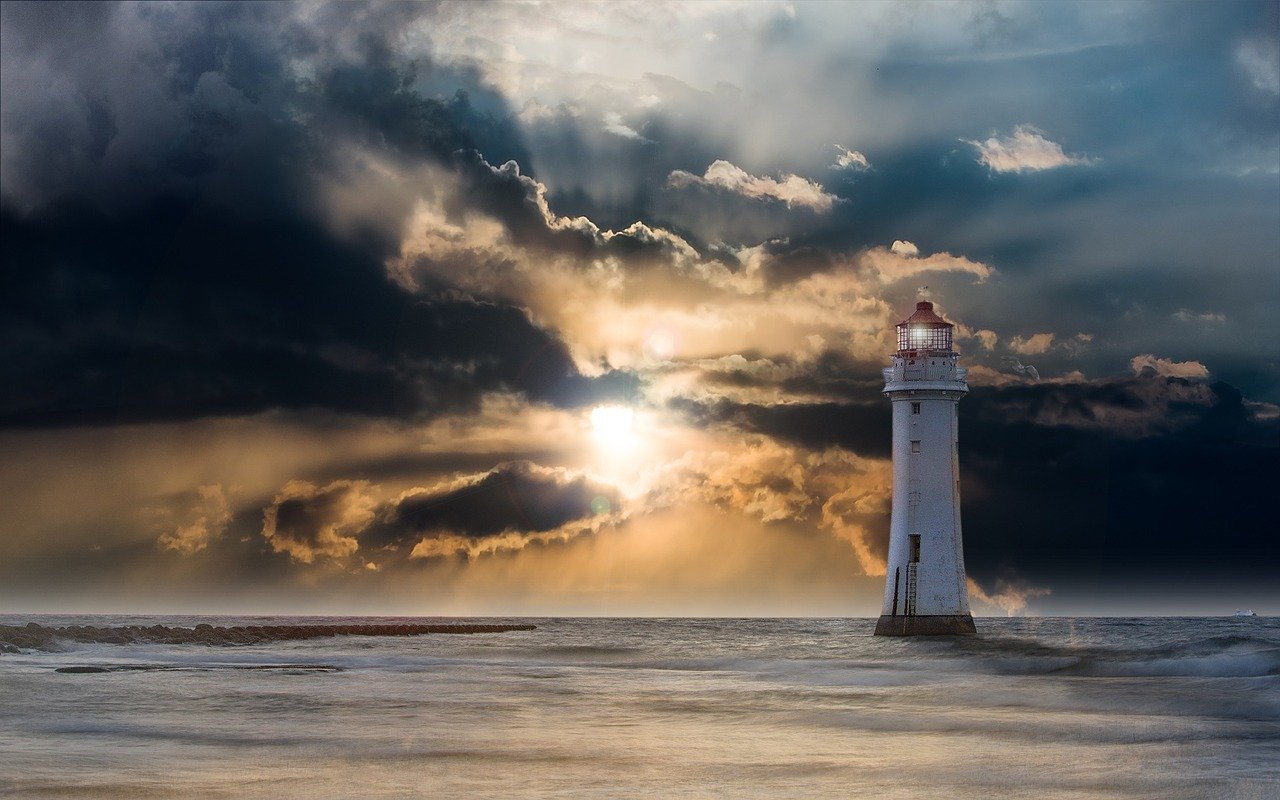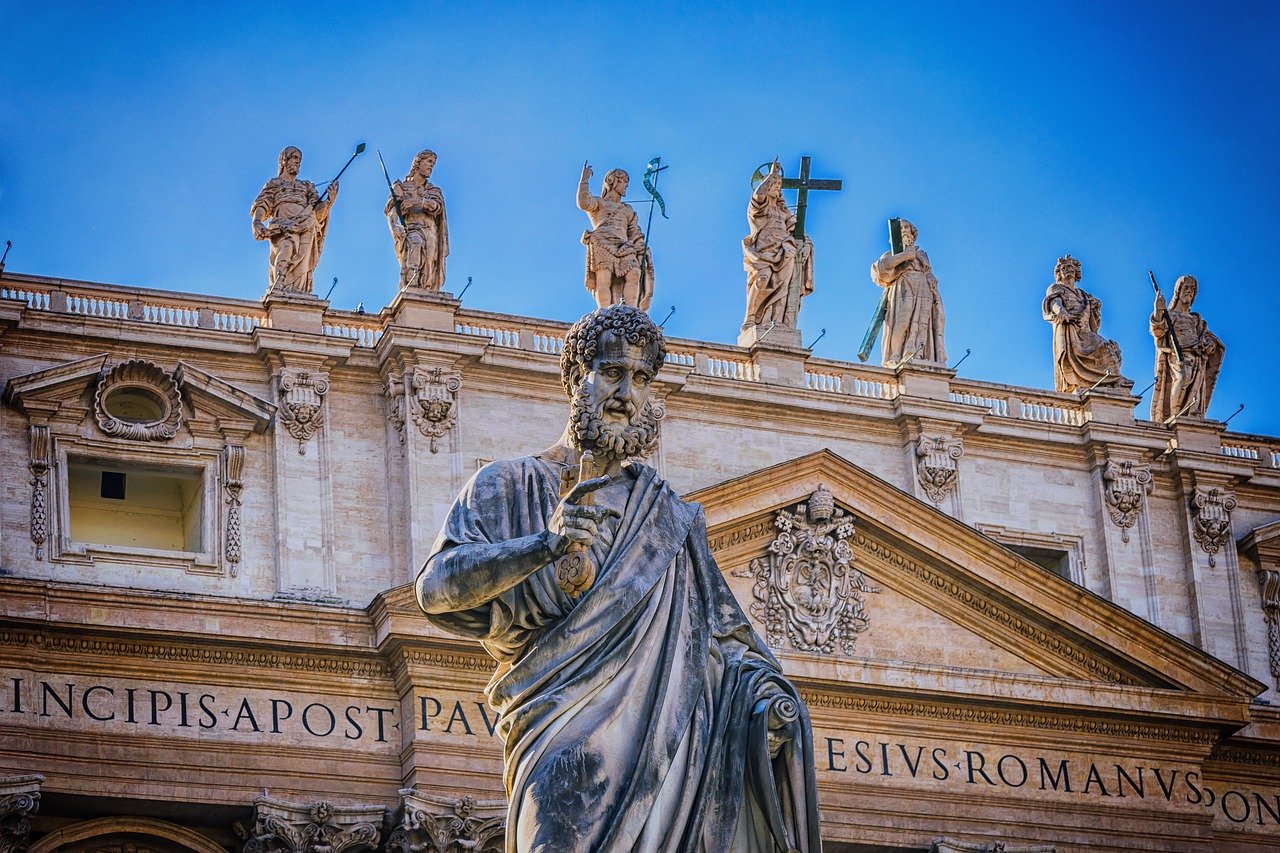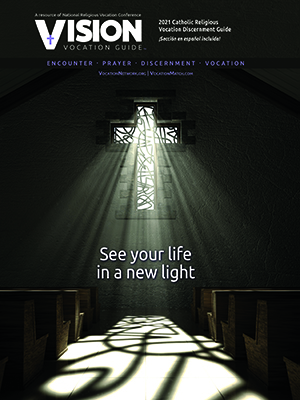|
WHAT'S NEXT?
We’ve made a lot of choices this year. Some were moral, others psychological, still others spiritual. The moral ones included: how do I respond to others, and demonstrate responsibility for others, in disruptive times? The psychological choices involved maintaining a grip on emotions, not allowing the undercurrent of fear, panic, or stress to govern us.
The spiritual choices were often intriguing. How are we church when we can’t gather? Where do we find sacrament when ritual sacraments are inaccessible? How can we glean wisdom from circumstances we would never have sought out as elements of our spiritual practice?
But the big question remains: When will this be over? And even when it is over, will waves of global crisis become the new normal? These questions have moral, psychological, and spiritual ramifications, not to mention political ones. The short answers are, we don't know when it will end, and yes, it will happen again. By which I mean, Apocalypse is a feature of the created order and crisis a recurring element of human (and personal) history.
A study of biblical Apocalypse is worth pursuing in parish study groups. Yet truthfully, it’s been with us since our childhood prayers: “If I should die before I wake, I pray the Lord my soul to take.” Religion deals in the here and the hereafter. It presumes chaos, weakness, error, and struggle. Religion directs us to prepare for the worst—and to place our hopes in the Best.
—Alice Camille,
reprinted with permission from TrueQuest Communications
|









